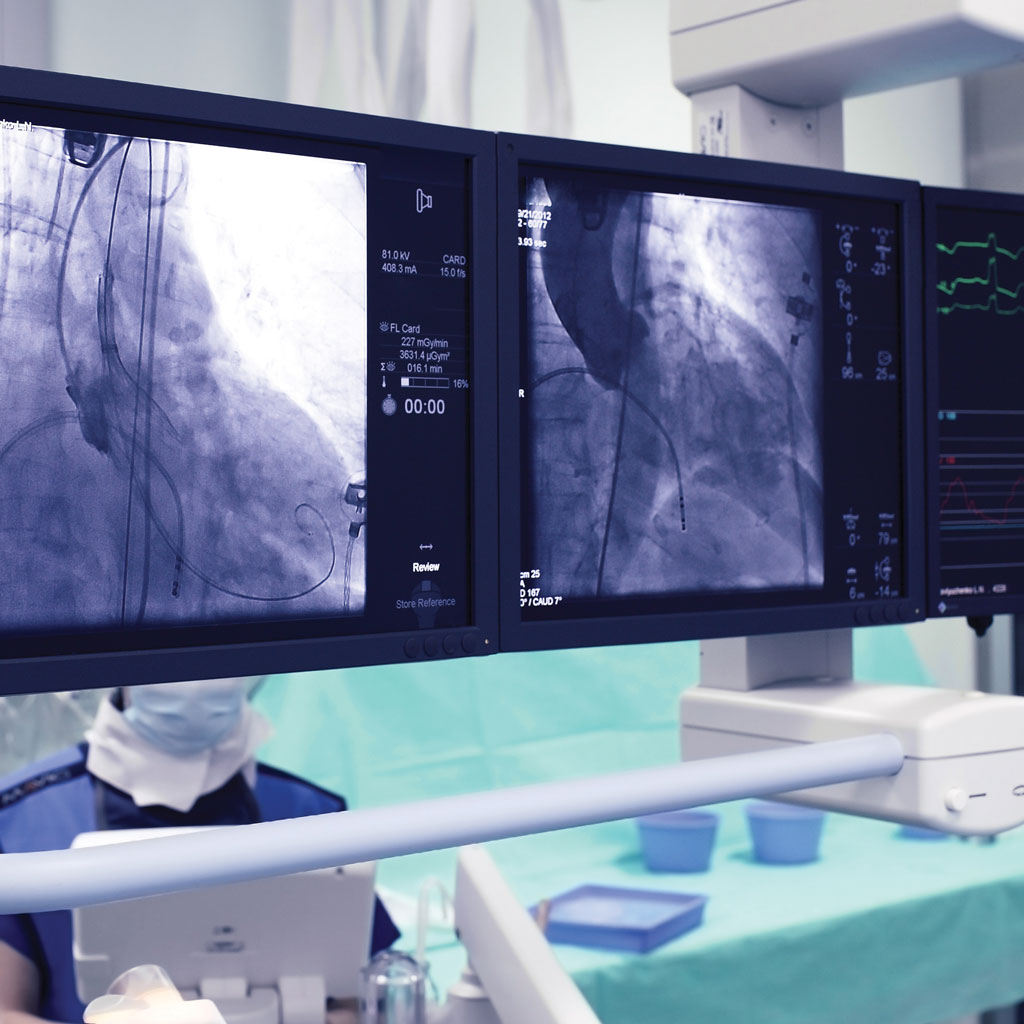Methods of cancer detection and treatment have come a long way since its inception in the 18th century. Interventional radiology (IR) plays a crucial role in both detection and treatment of cancer. IR is a medical specialty that uses image-guiding, like Ultrasound, to diagnose and treat various diseases, including cancer. Interventional radiologists, like the team at A.T. Radiology, have specialized training in using imaging techniques to guide minimally invasive procedures.
Detection & Diagnosis
Interventional radiologists can perform image-guided biopsies, where they use imaging technologies such as ultrasound, CT scans, or MRI to guide a needle to the suspicious area and obtain a tissue sample for analysis. This helps in detecting and confirming cancerous cells and determining the type and stage of cancer. Fine Needle Aspiration (FNA) thyroid biopsies are also a common procedure with more than 600,000 will be performed in the United States.
Treatments That Utilize IR
- Embolization: In cases where the tumor has a significant blood supply, interventional radiologists can perform embolization procedures. They block the blood vessels that supply the tumor with tiny particles or embolic agents, cutting off its blood supply and causing the tumor to shrink.
- Chemoembolization: Part of a highly specialized area within radiology called nuclear medicine, Chemoembolization uses very small amounts of radioactive materials and a special camera to evaluate organ function and structure. This allows higher concentrations of the drug to reach the tumor while minimizing systemic side effects.
- Radioembolization: This technique involves delivering radioactive particles directly to liver tumors using catheters. It is used for certain types of liver cancer (hepatocellular carcinoma) and liver metastases.
- Stent Placement: Interventional radiologists can place stents to keep narrowed or blocked bile ducts or other organs open, improving drainage and relieving symptoms in some cancer cases.
Interventional radiology procedures are generally less invasive than traditional surgical methods, which can result in shorter recovery times, reduced complications, and improved outcomes. Additionally, they offer treatment options to patients who may not be suitable candidates for surgery due to other health conditions or advanced-stage cancer.
However, it is essential to note that the specific interventional radiology procedures used for cancer detection and treatment depend on the type of cancer, its stage, and the patient’s overall health condition. Each case is unique, and the interventional radiologist will work closely with the oncology team to determine the most appropriate treatment plan for each patient.
A.T. Radiology offers many interventional radiology services. Visit our locations page to find out what services are offered near you, or call (863) 419-8832 to schedule an appointment.

